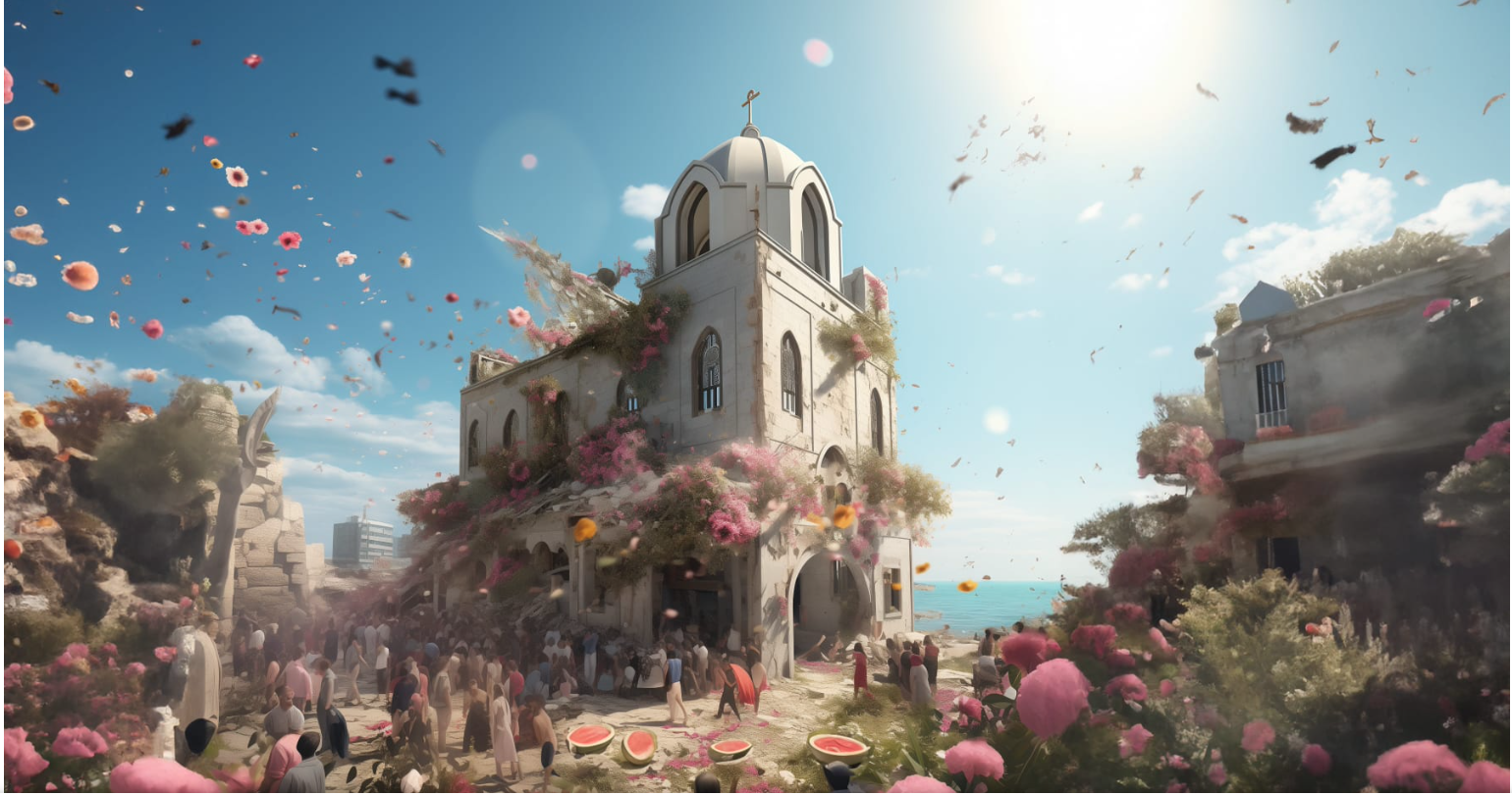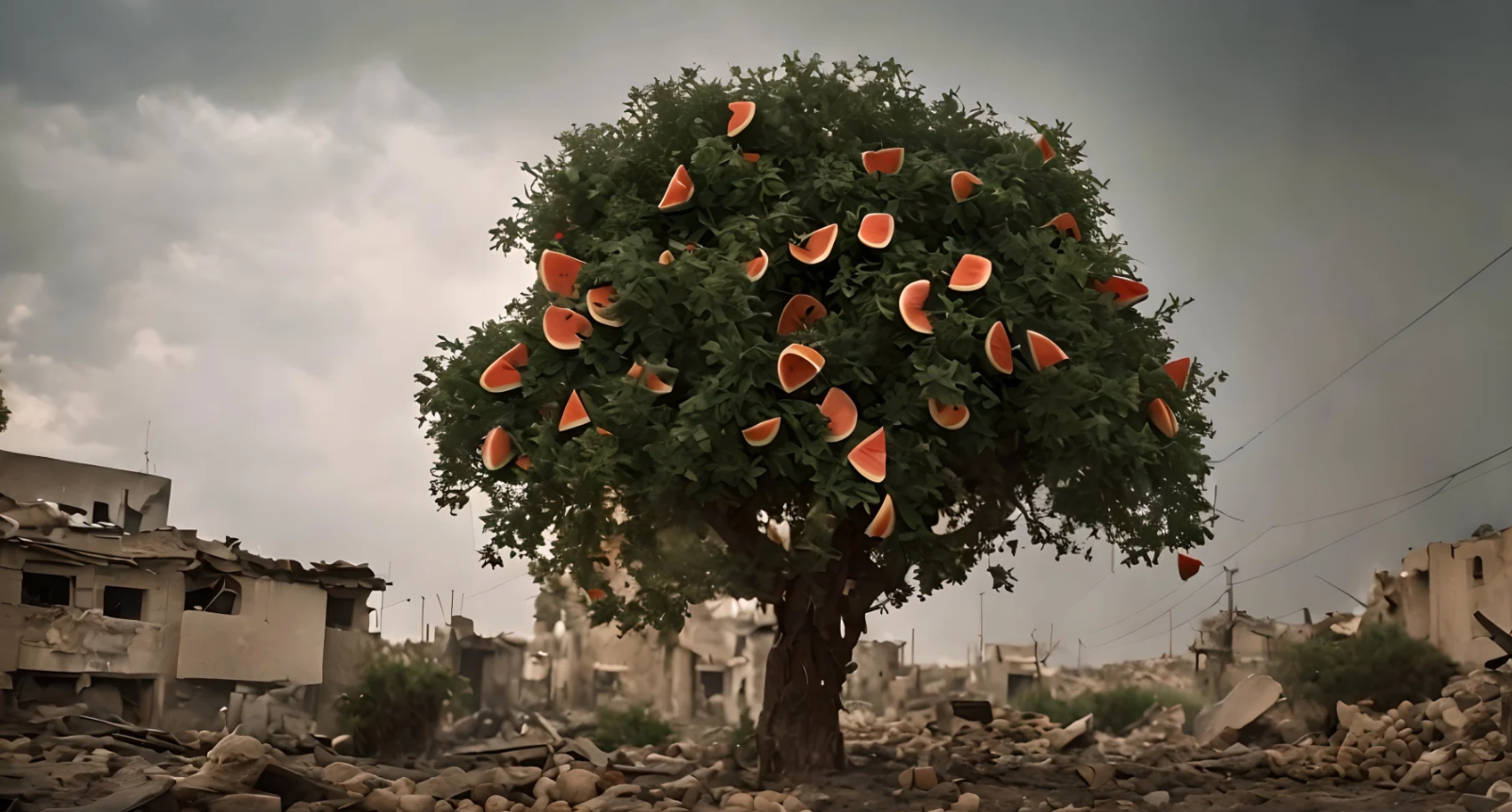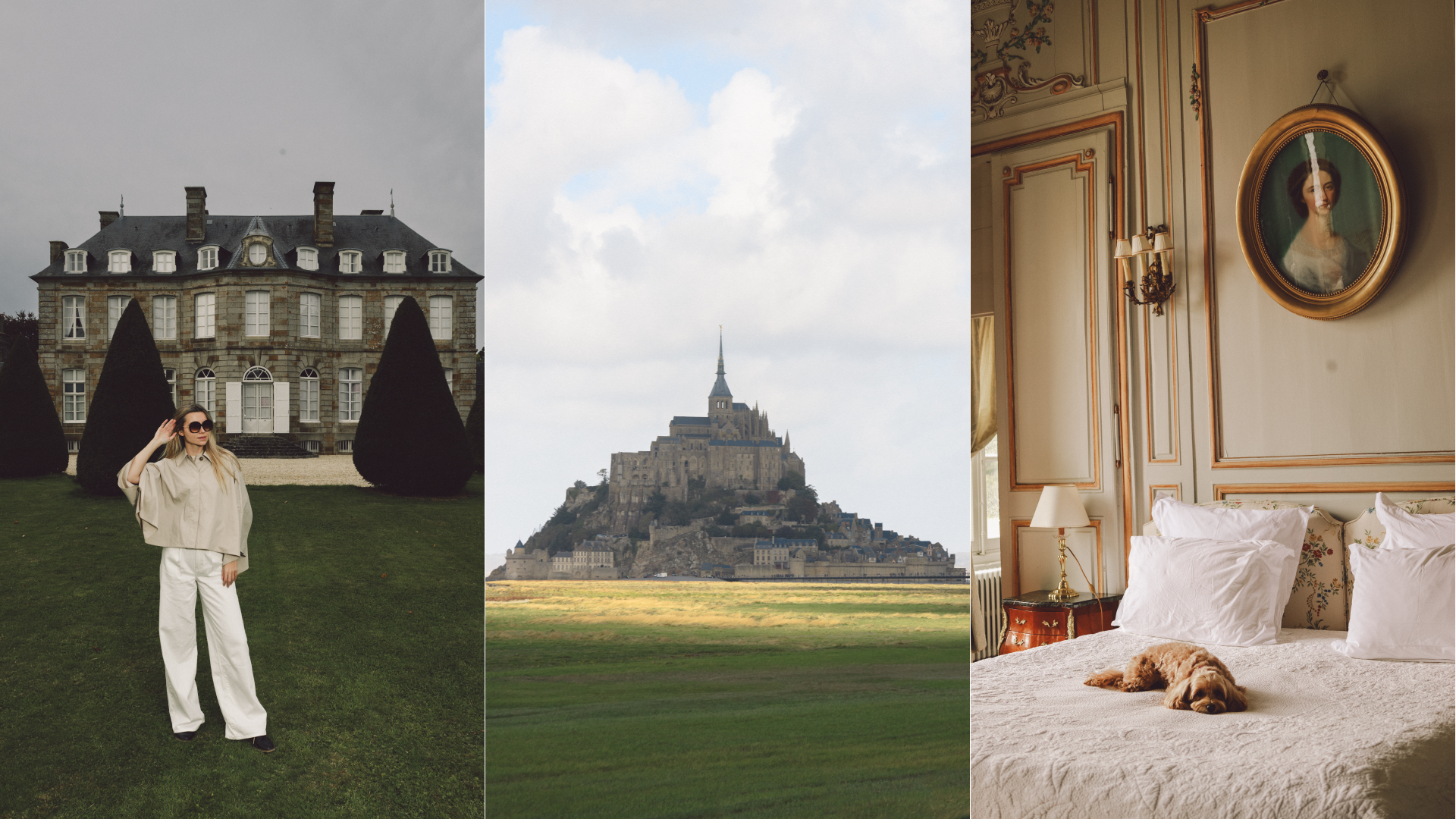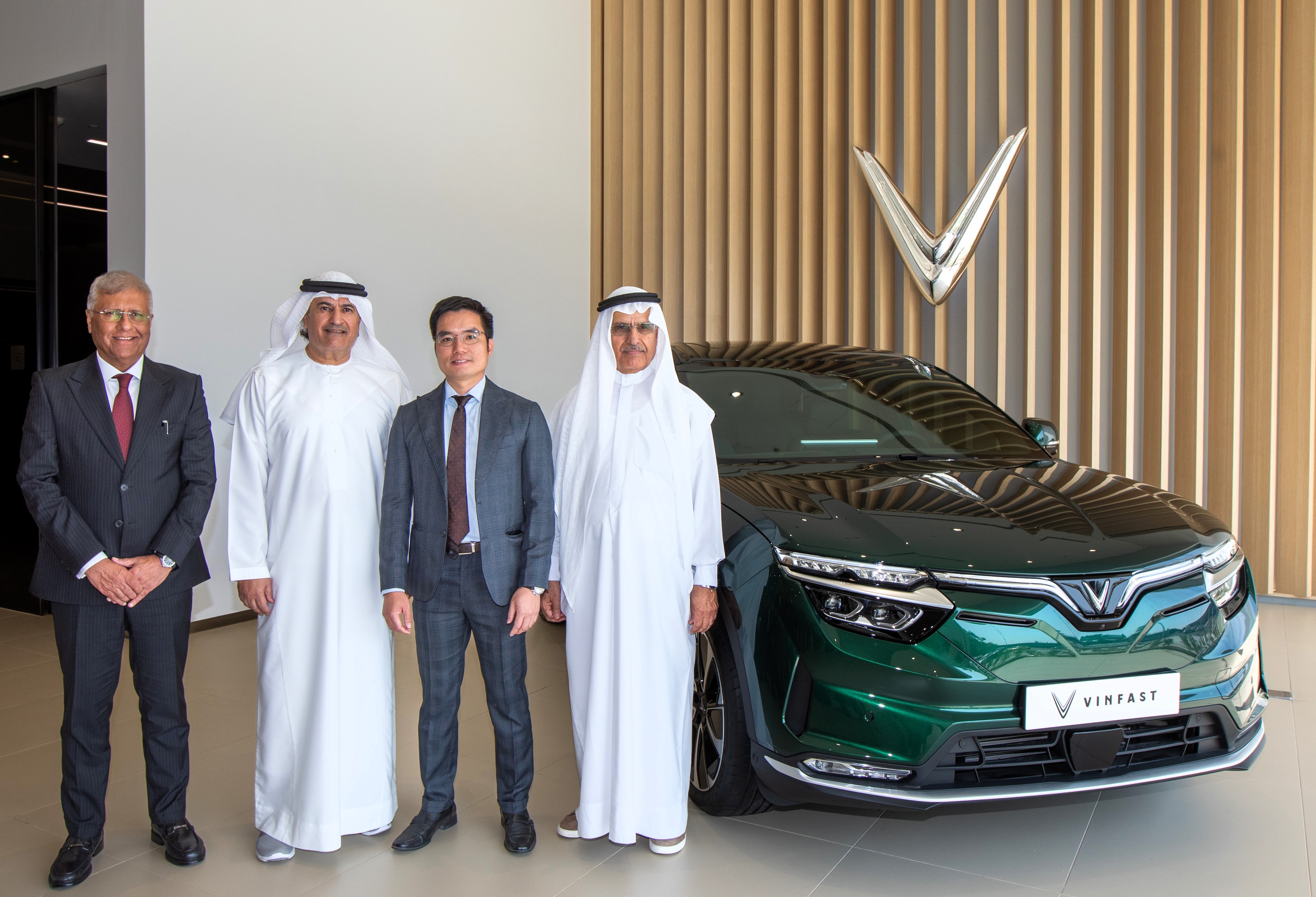Their Voices, Our Dreams - أَصْوَاتُهُمْ، أَحْلَامُنَا | Artist Sami Samawi

His family's deep involvement in Middle Eastern and Arabic contemporary art significantly influenced his path. He earned a Master's in Architecture from the University of Pennsylvania in 2021, combining his education with a passion for the narrative potential of architecture and moving images. Sami is committed to employing innovative methods to bring depth and authenticity to his ideas. As both an architect and an artist, he merges the realms of image and space, creating compelling and dynamic narratives in his work.
In this series of AI-generated videos, titled: أَصْوَاتُهُمْ، أَحْلَامُنَا - Their Voices, Our Dreams, an artistic exploration of the Gaza situation is presented, inspired by our dreams and the surreal daily footage of the conflict. These videos represent a blend of hopeful visions and the grim reality of war, capturing the essence of both dreams and nightmares. The surreal aspect of the AI art mirrors the fragmented way in which we are consuming news about the war, in brief clips on small screens, removed from the full depth of the situation.


Each piece in the series reflects the hope amidst despair that characterizes the lives of those affected by the conflict. The medium of AI art serves as a parallel to how we engage with the war – not through direct experience, but through digital representations, making the intense emotions of the conflict more accessible and manageable for viewers. This approach allows the audience to connect with the emotional depth of the war without being overwhelmed by the harshness of direct footage.
Through these videos, the aim is to highlight the sounds of hope and despair that resonate from Gaza, making the struggle of its people more evident and relatable. The art presents a unique perspective on the conflict, making it easier for viewers to digest and engage with the reality of the situation, while also offering a glimpse into the resilience and enduring spirit of the Palestinian people.
Sami Samawi: Growing up as an Arab in the diaspora, like many others with similar backgrounds, I often found myself distancing from my Arabic heritage. Questions like “What has my country ever given me?” or thoughts of being a 'citizen of the world' led to a deep-seated identity crisis. But recently, I've come to a profound realization: these beliefs were misguided. My culture is rich, vibrant, and beautiful. I understand now that the West often expects us, Arabs of the diaspora, to relinquish our cultural roots in favor of a more 'universal' identity. Witnessing the unity and strength of my people, my culture, has stirred something deep within me. It has sparked a sense of pride in my heritage, especially as I see my brothers and sisters face unimaginable hardships. Hearing “Palestine has liberated me” resonates profoundly with me. It speaks to a liberation from my own identity crisis. It reaffirms my roots:
أَنَا سُورِيٌّ، أَنَا لُبْنَانِيٌّ، أَنَا أُرْدُنِيٌّ، أَنَا فِلَسْطِينِيٌّ، أَنَا عَرَبِيٌّ. شُكْرًا فِلَسْطِينُ على تَحْرِيرِي. وَأَقِفُ بِفَخْرٍ مَعَكُمْ.
related posts





.jpg)




.jpg)